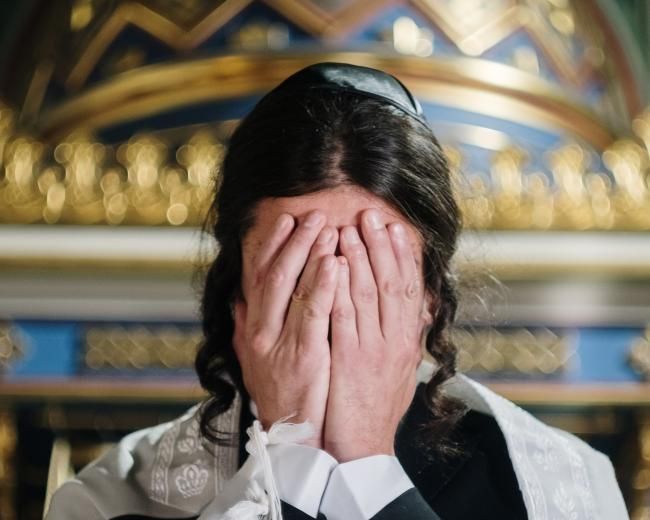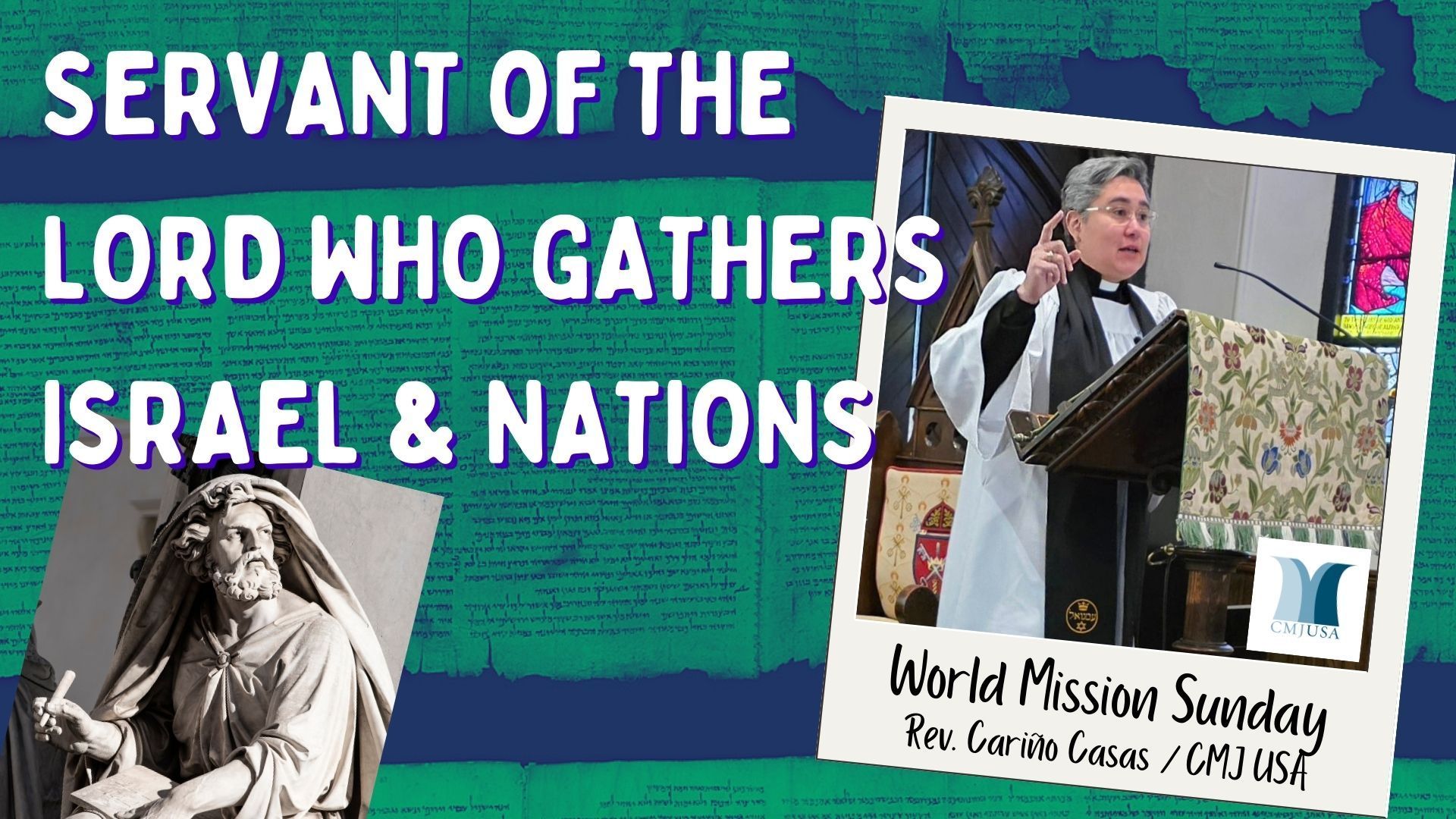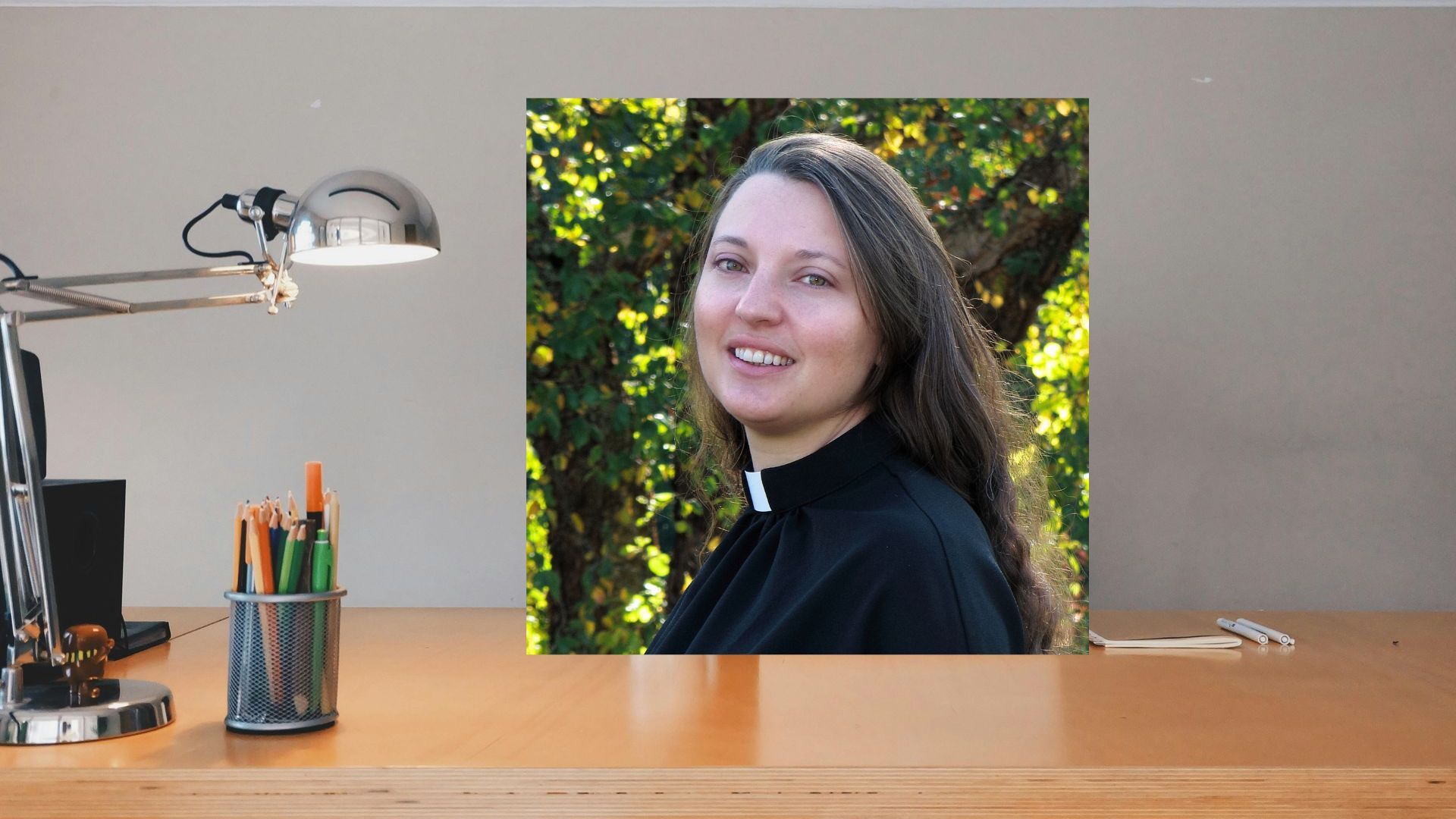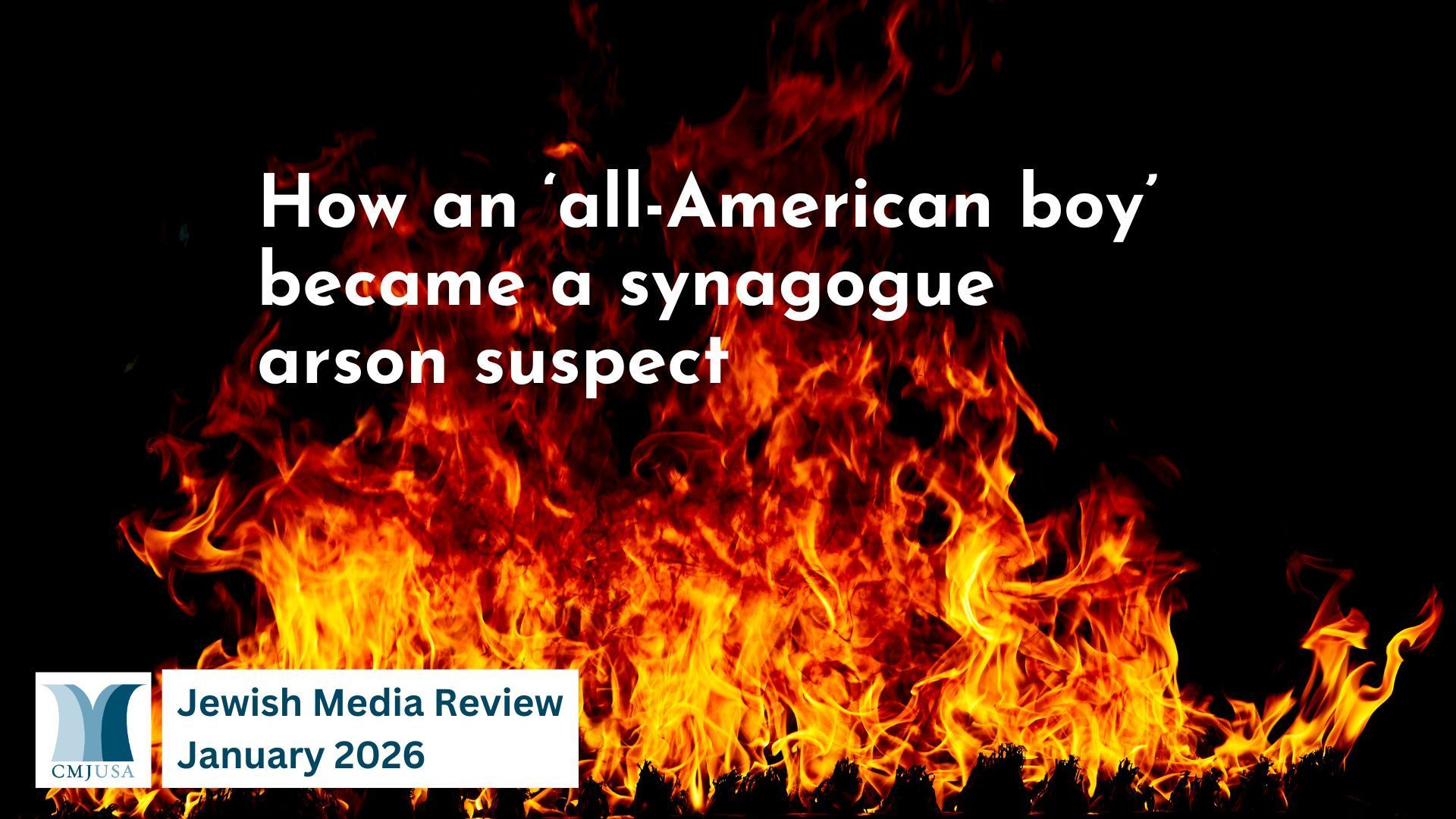These
were my people, I felt. They cared so deeply about the customs and the rules like I did. They spent hours – hours
– laughing and arguing and talking about the most minuscule details in the Torah. Case in point: I attended two years of Hebrew school with this community, and do you know what we talked about? Genesis 22:2. That’s it. For two years. They were instantly recognizable to the outside world and not ashamed to be so: kippot, 3
peyot, 4
and tzitzit 5
for the men, long skirts and bad wigs for the women. And – not only did they all know each other, they all knew each other’s rabbis, next-door neighbors, aunts, uncles, cousins, in-laws, and siblings, all the way back to Moses. For a loner who could never quite figure out how to be
, this built-in community was a balm. It made me feel safe. If I could learn the customs and the rules, I’d be a Good Jew. And if I was a Good Jew, I’d be set. I’d have my community.
These were my people, I felt. They cared so deeply about the customs and the rules like I did. They spent hours – hours – laughing and arguing and talking about the most minuscule details in the Torah. Case in point: I attended two years of Hebrew school with this community, and do you know what we talked about? Genesis 22:2. That’s it. For two years. They were instantly recognizable to the outside world and not ashamed to be so: kippot, 3 peyot, 4 and tzitzit 5 for the men, long skirts and bad wigs for the women. And – not only did they all know each other, they all knew each other’s rabbis, next-door neighbors, aunts, uncles, cousins, in-laws, and siblings, all the way back to Moses. For a loner who could never quite figure out how to be , this built-in community was a balm. It made me feel safe. If I could learn the customs and the rules, I’d be a Good Jew. And if I was a Good Jew, I’d be set. I’d have my community.





